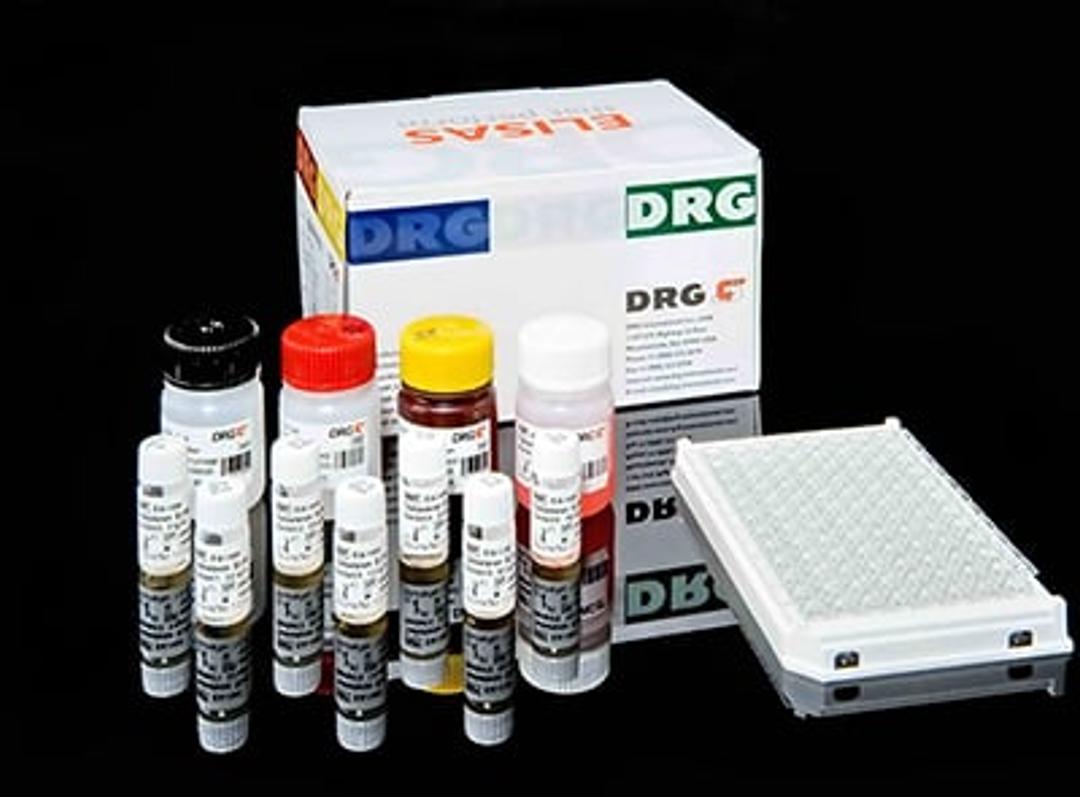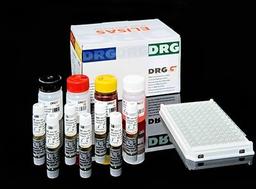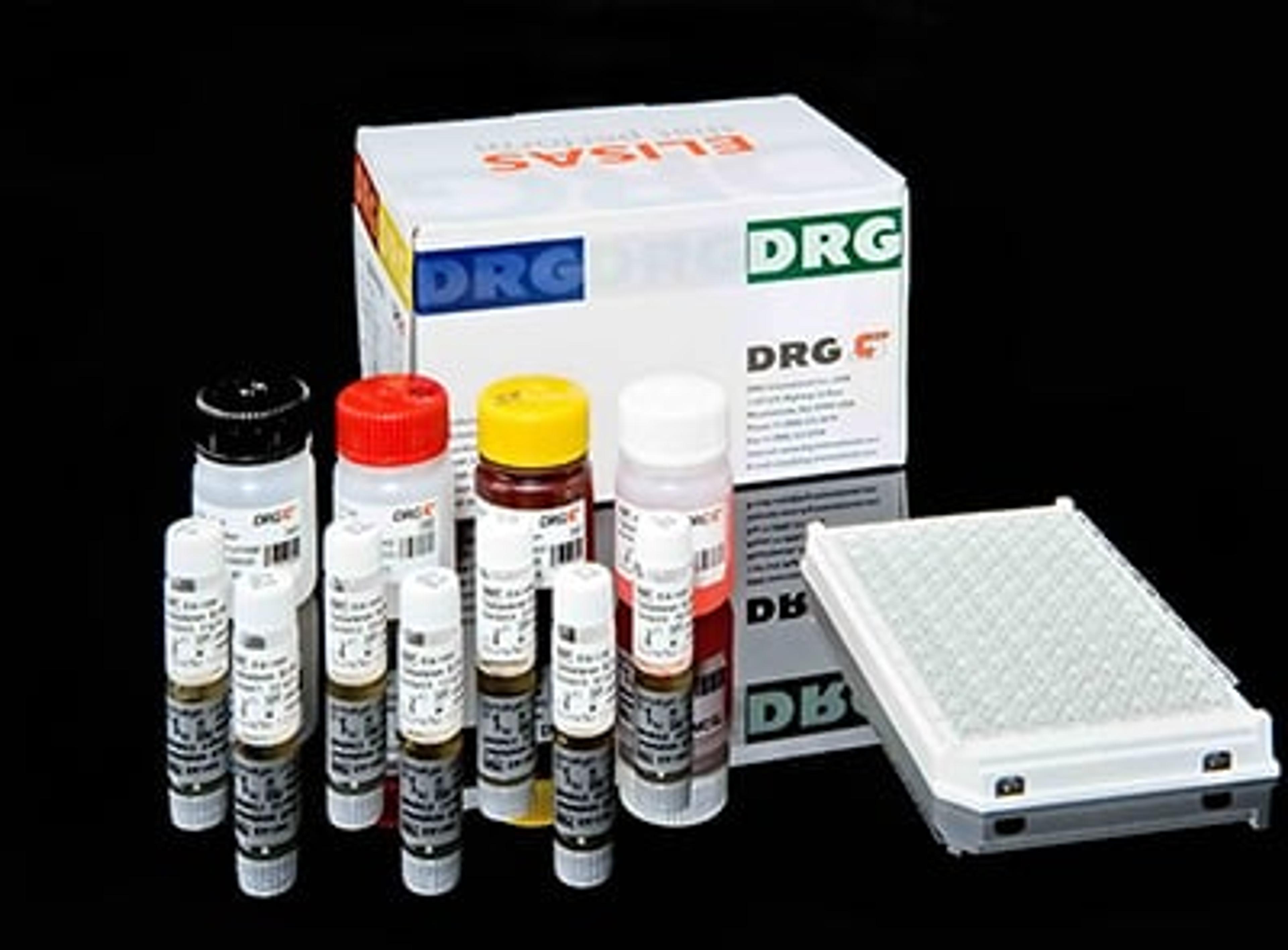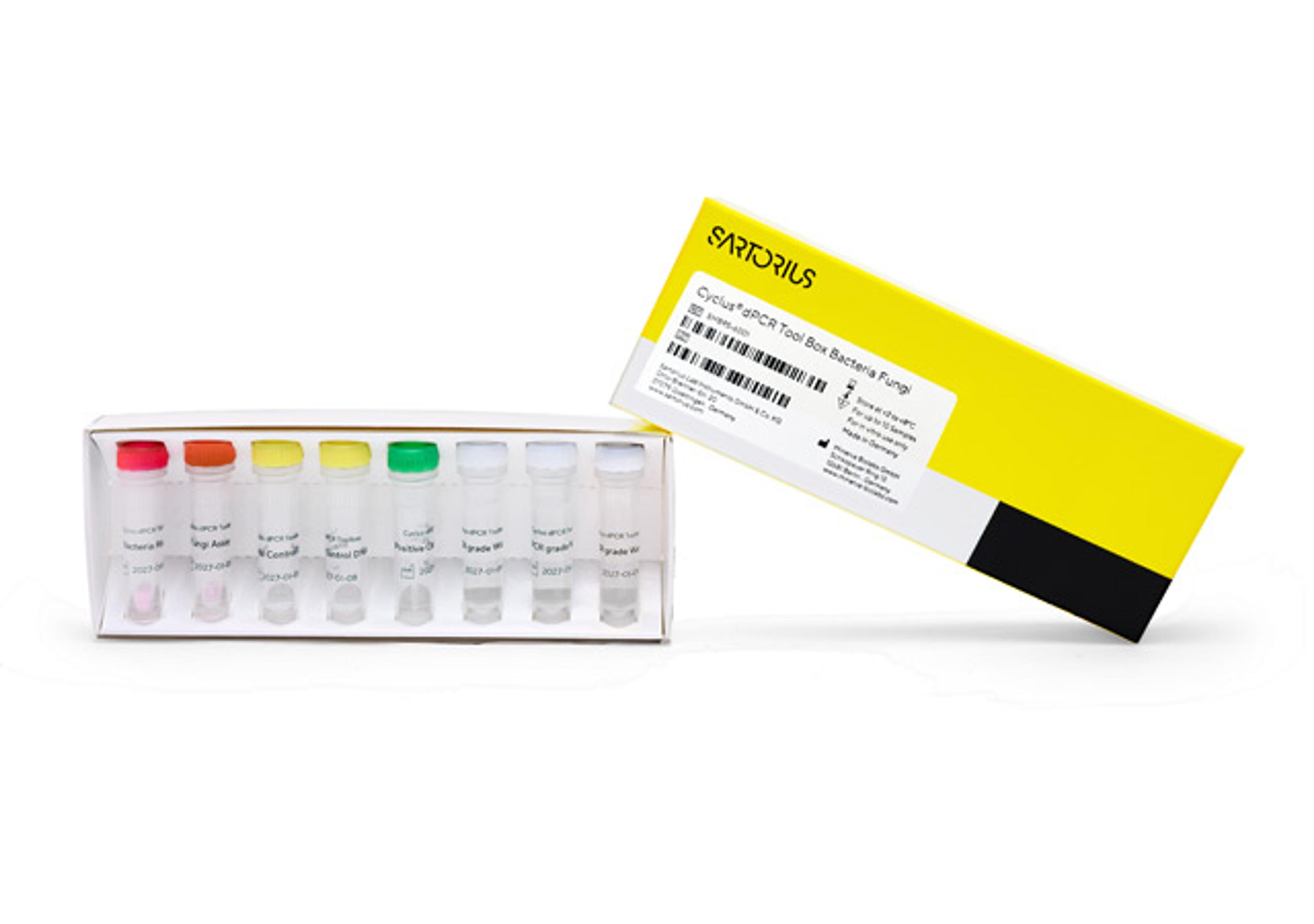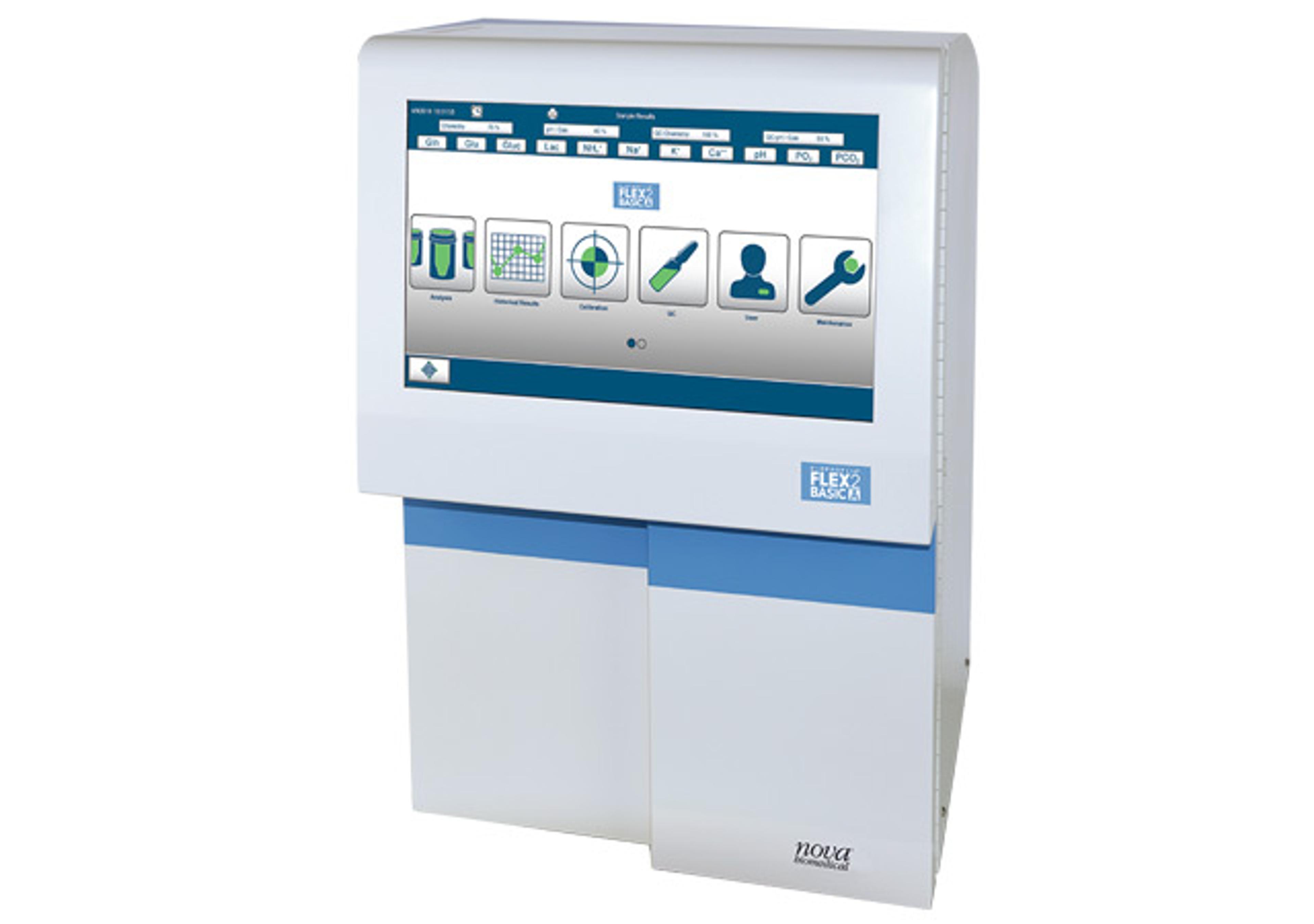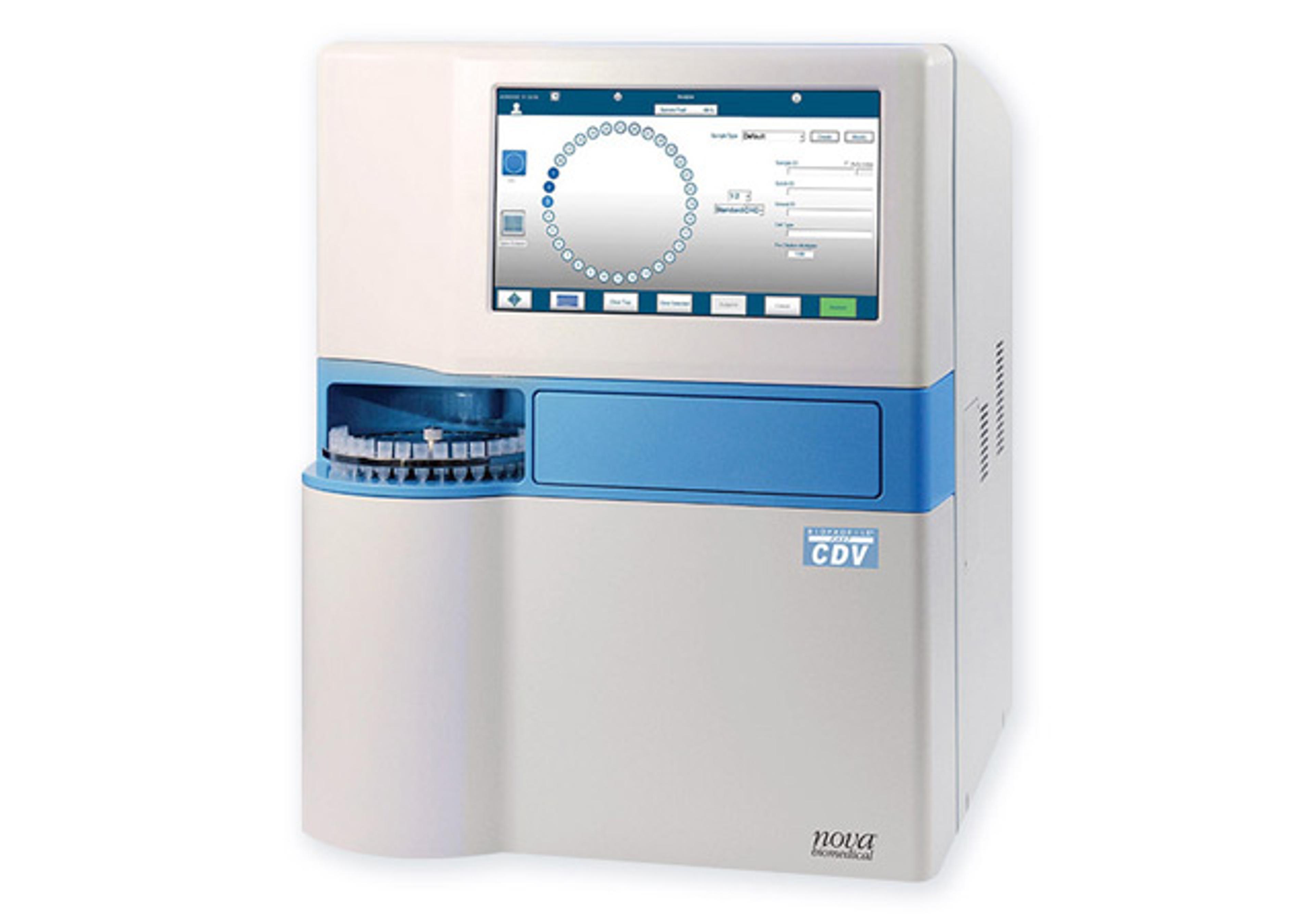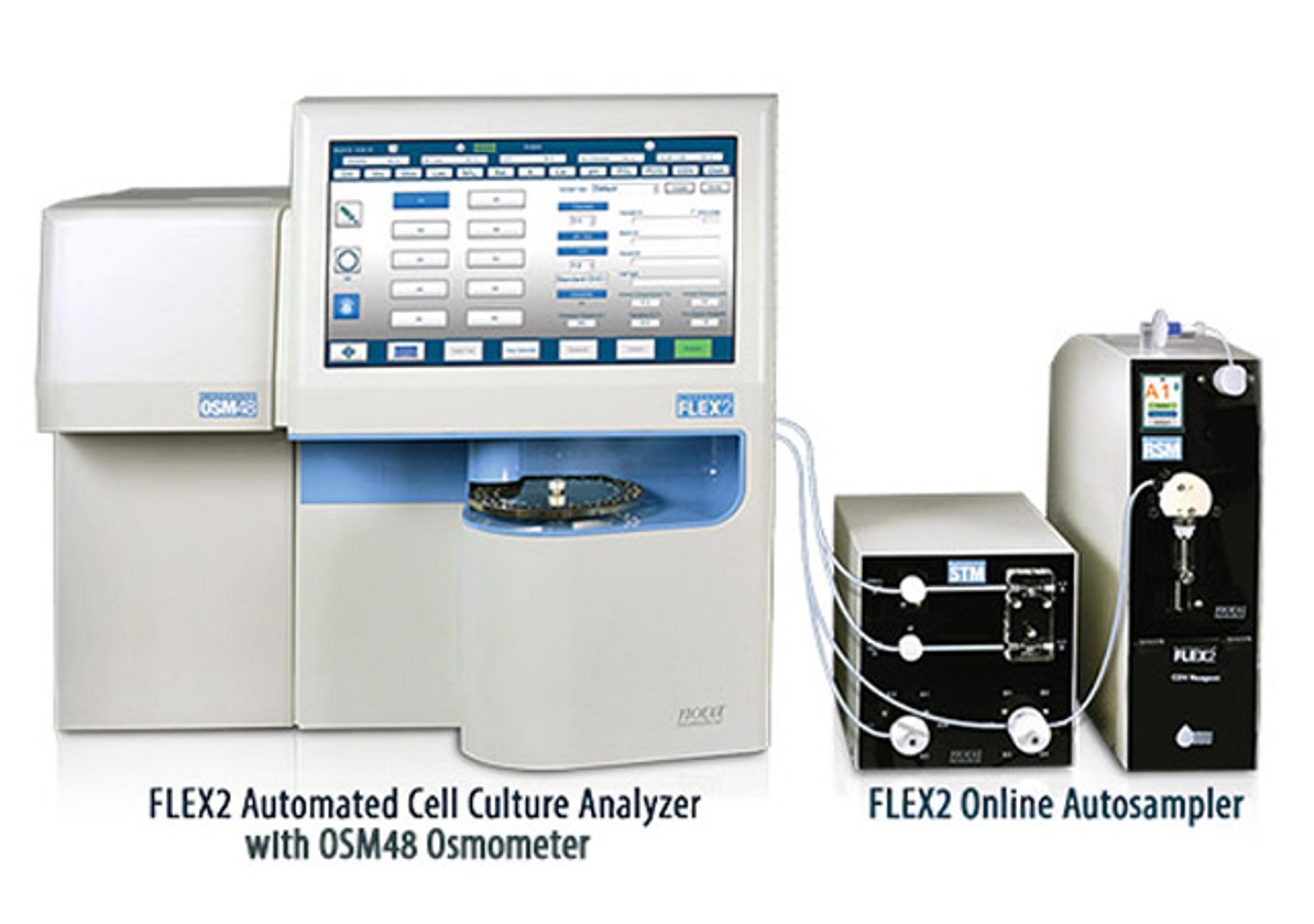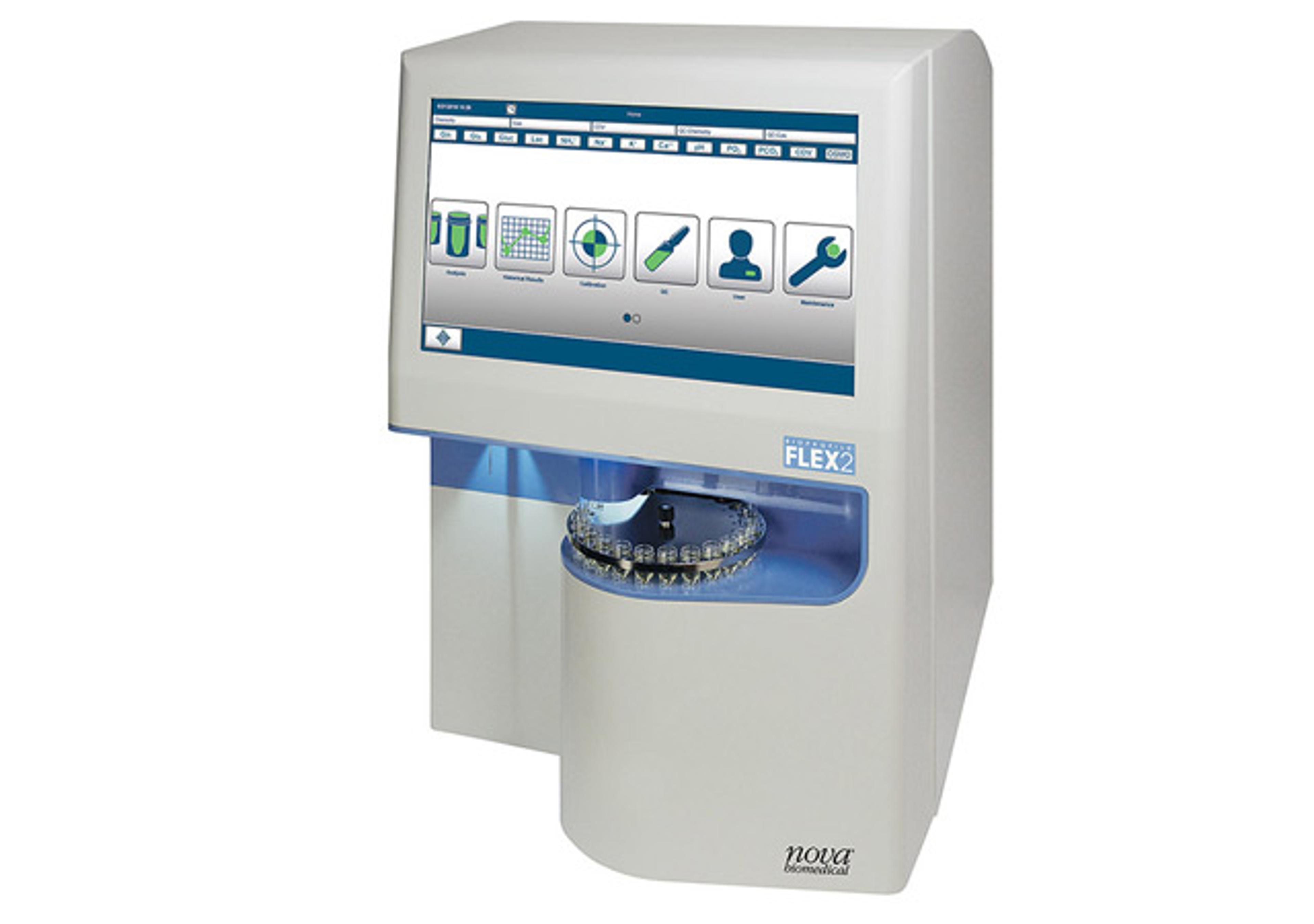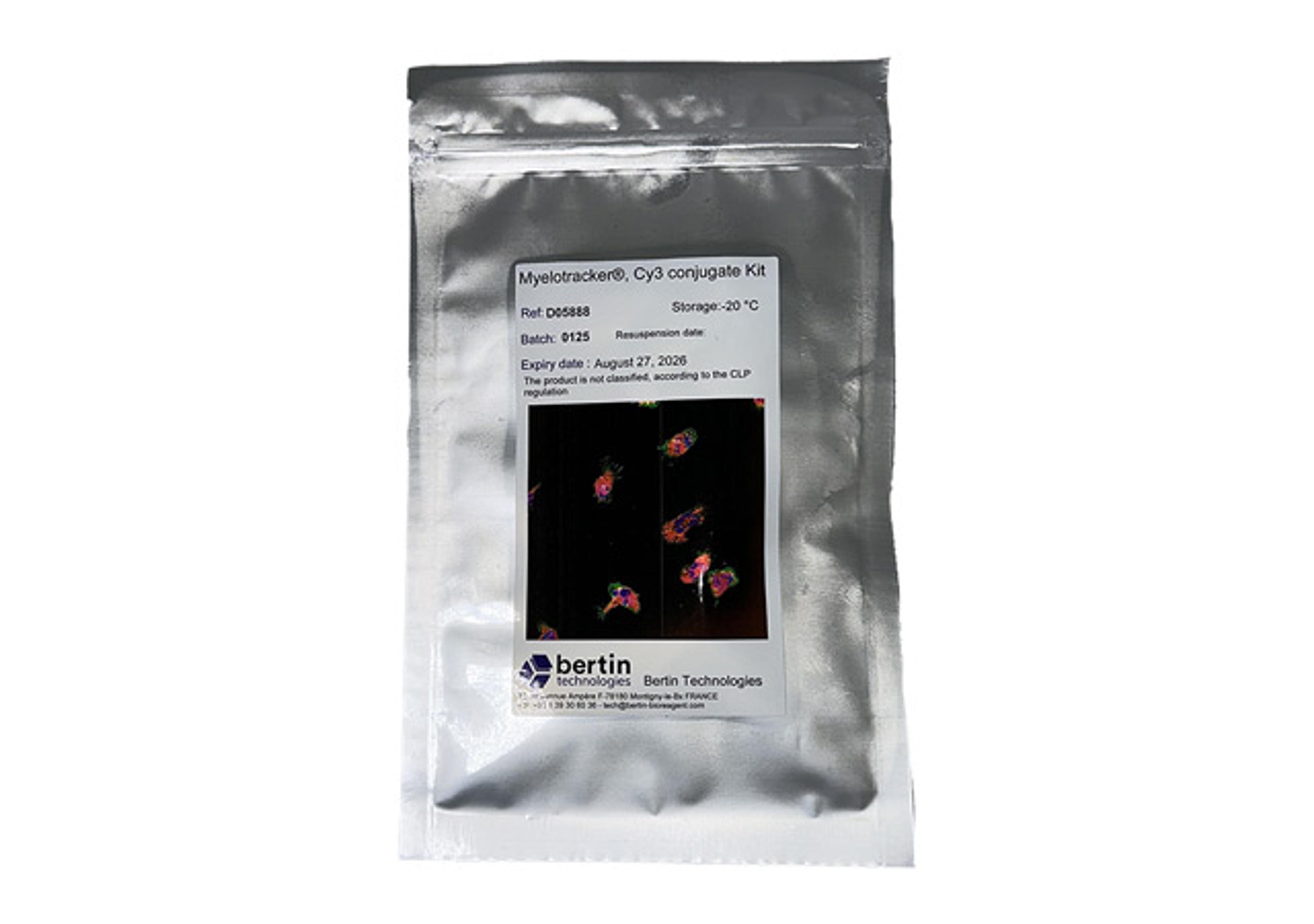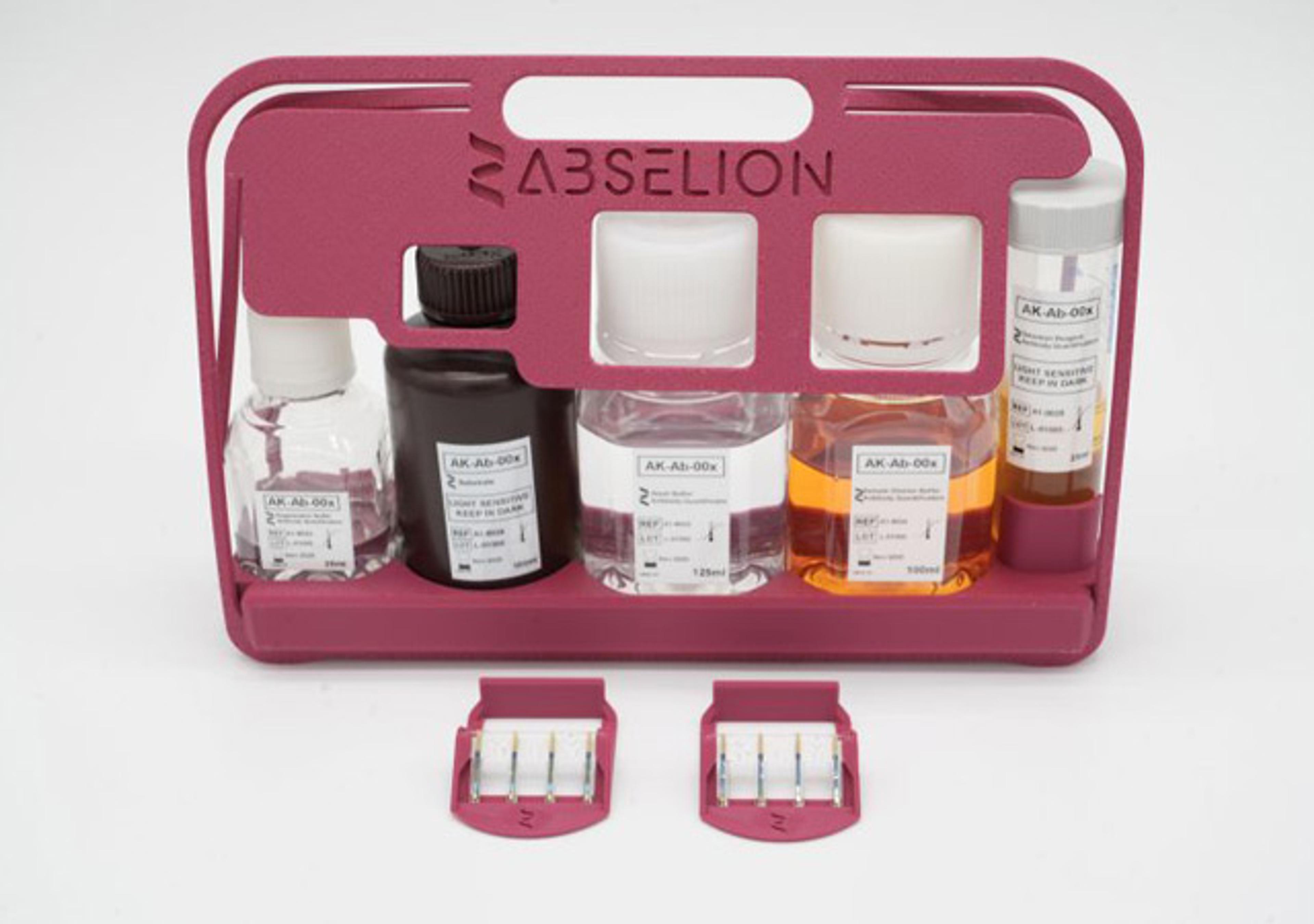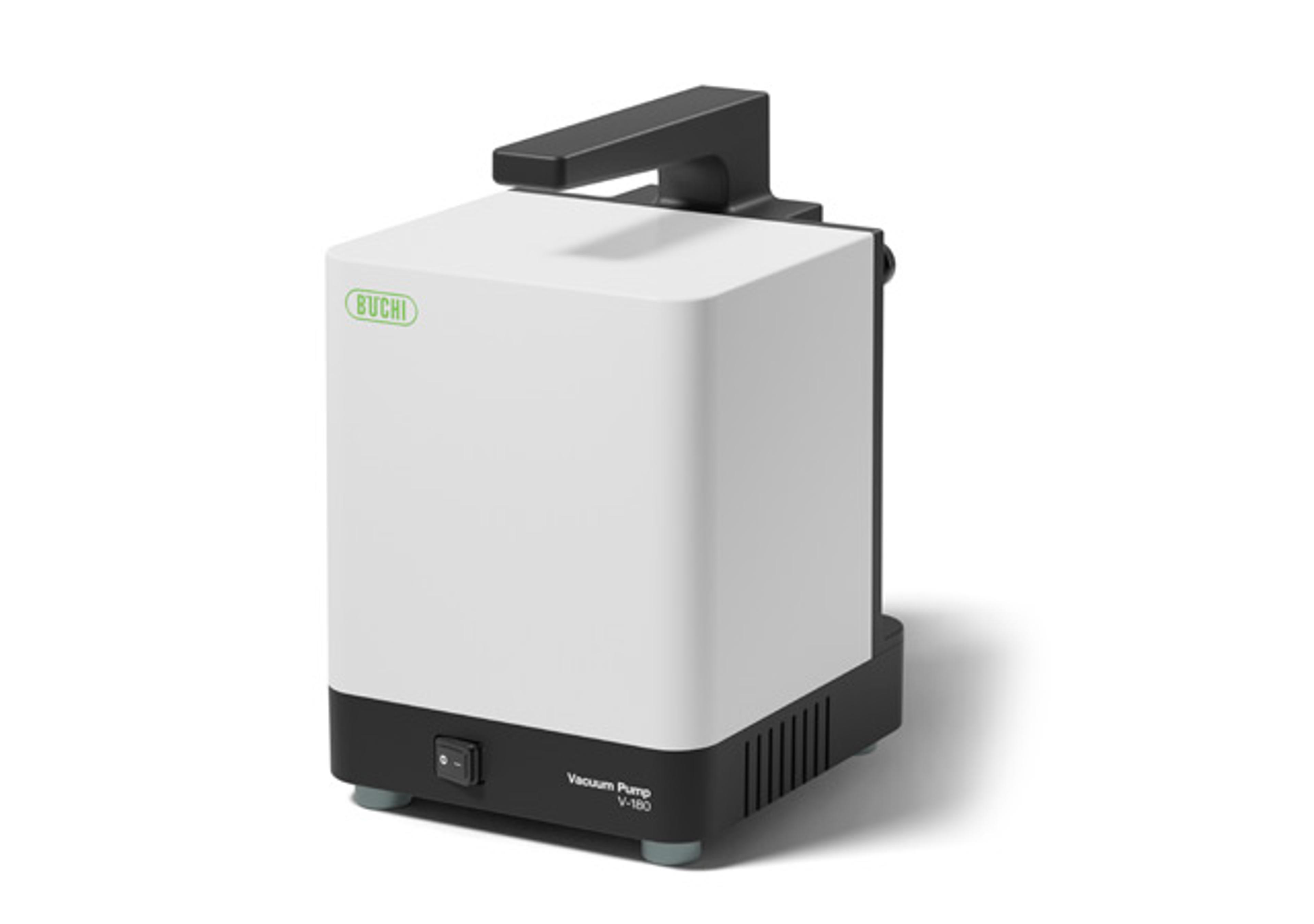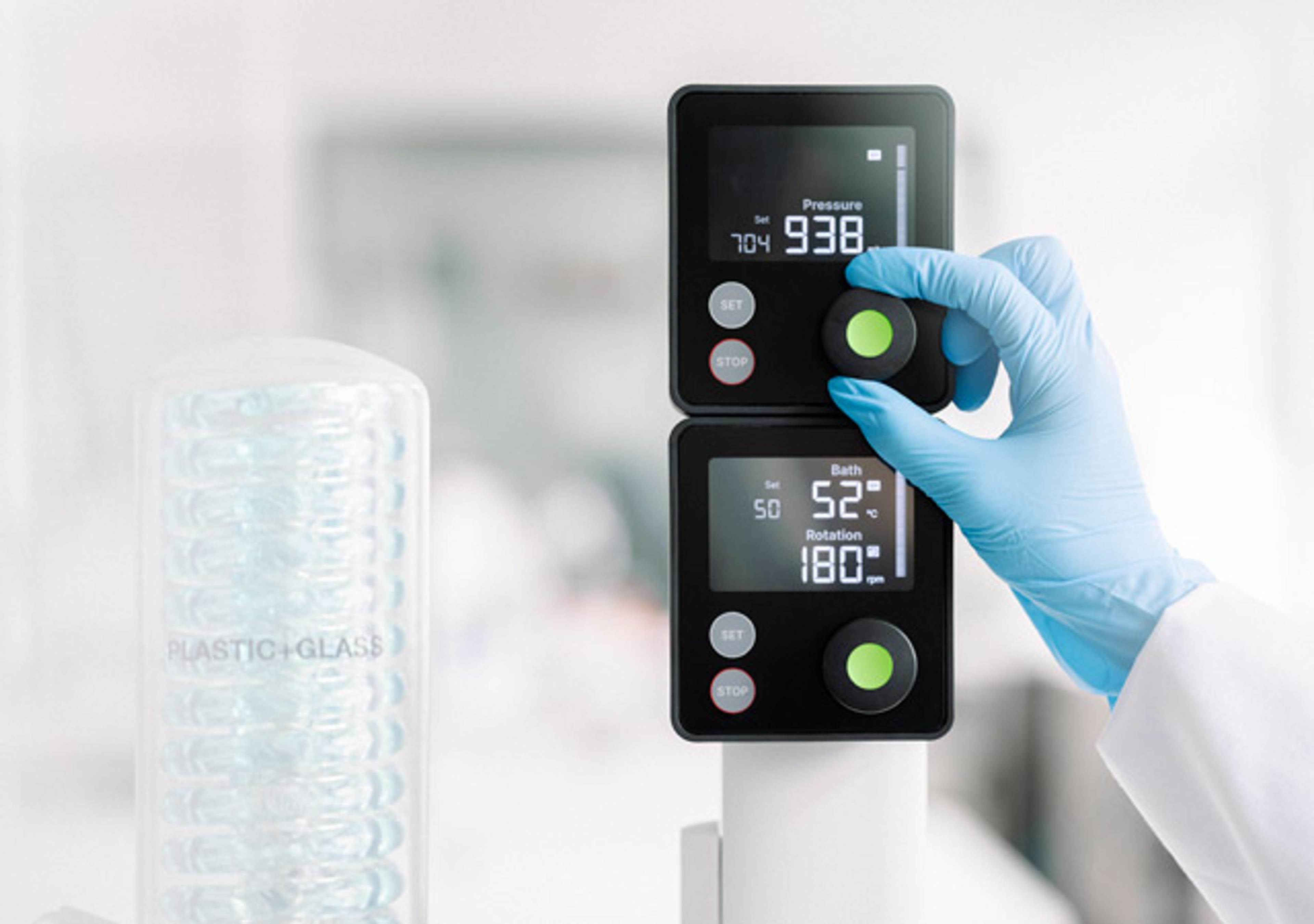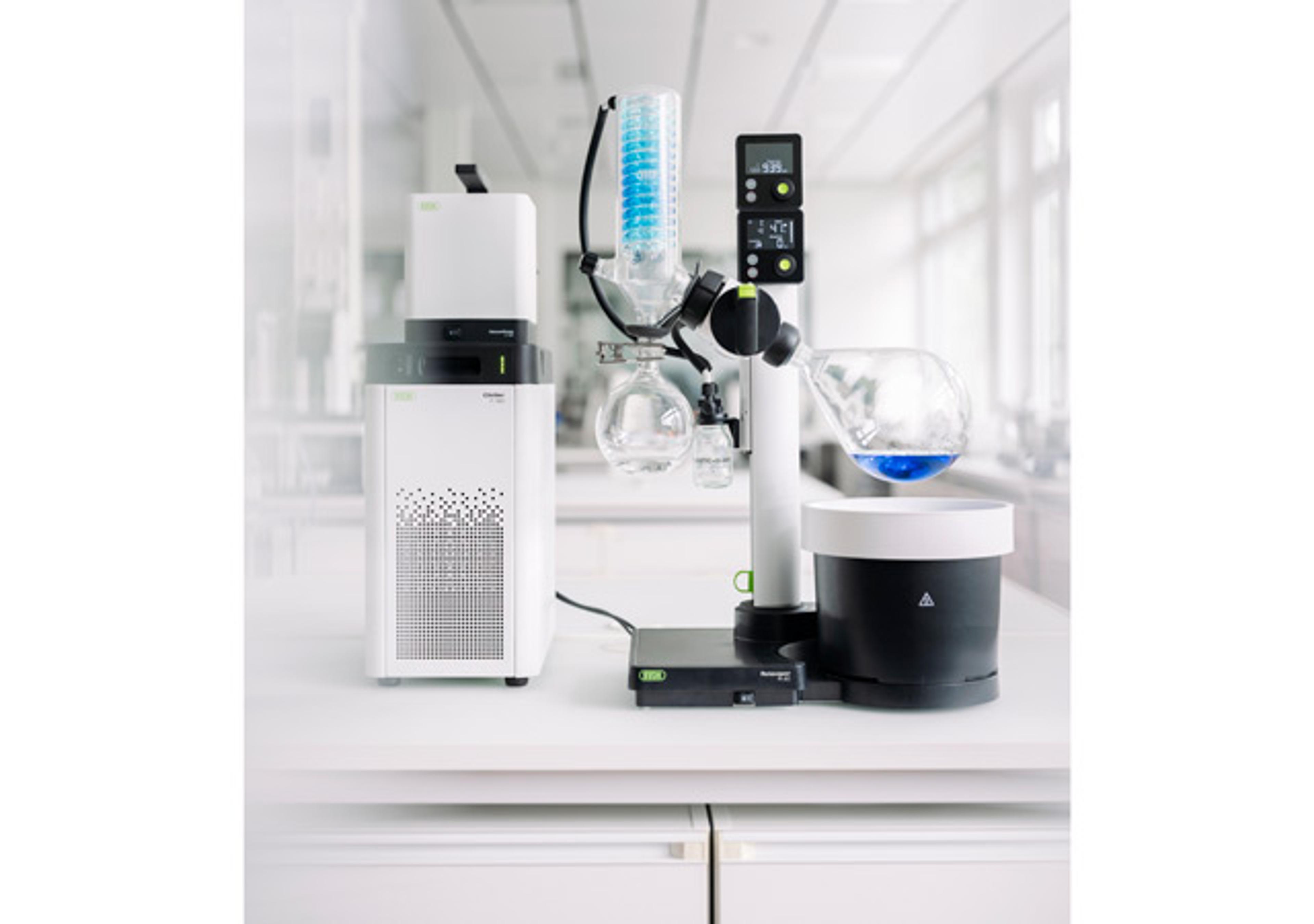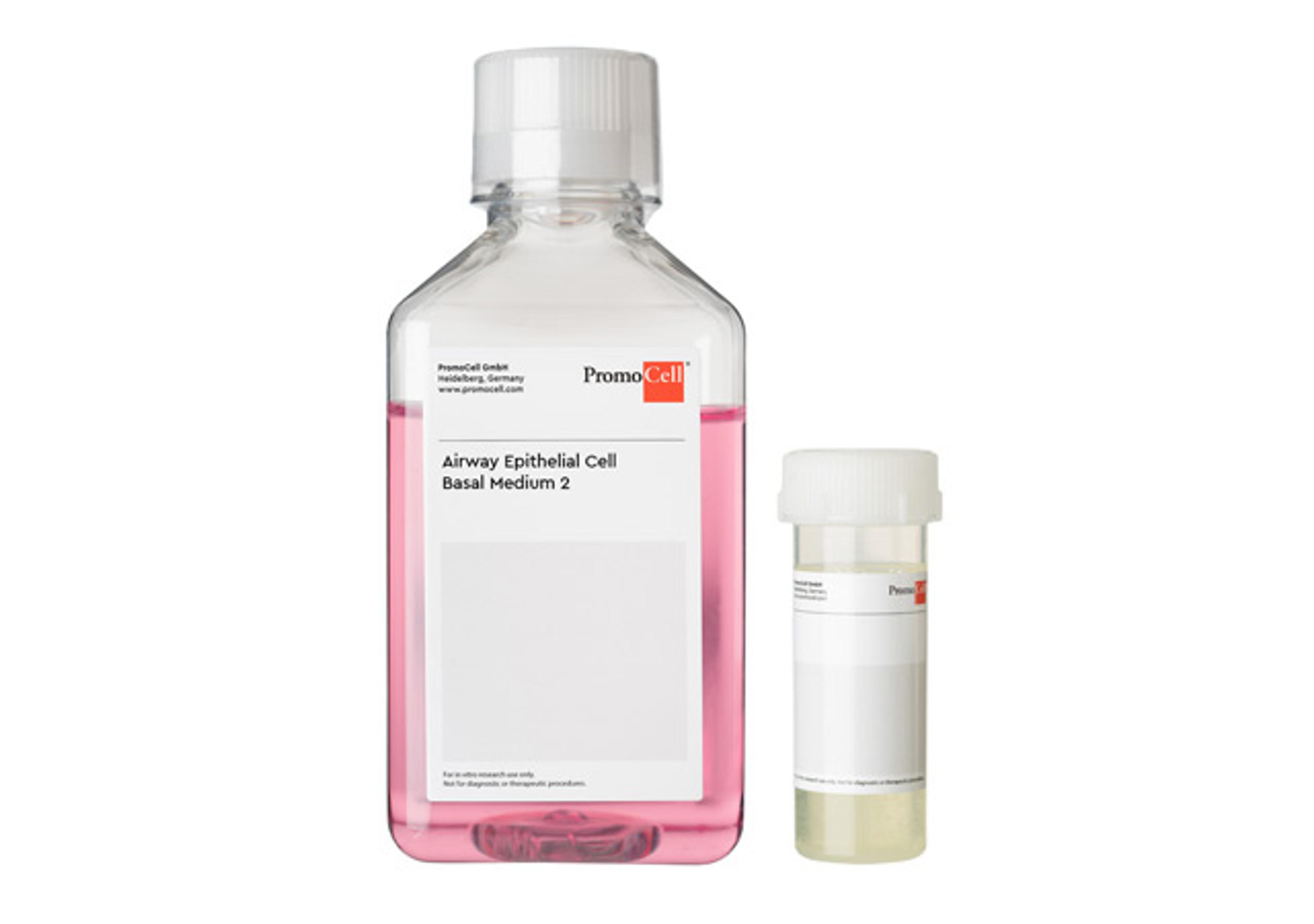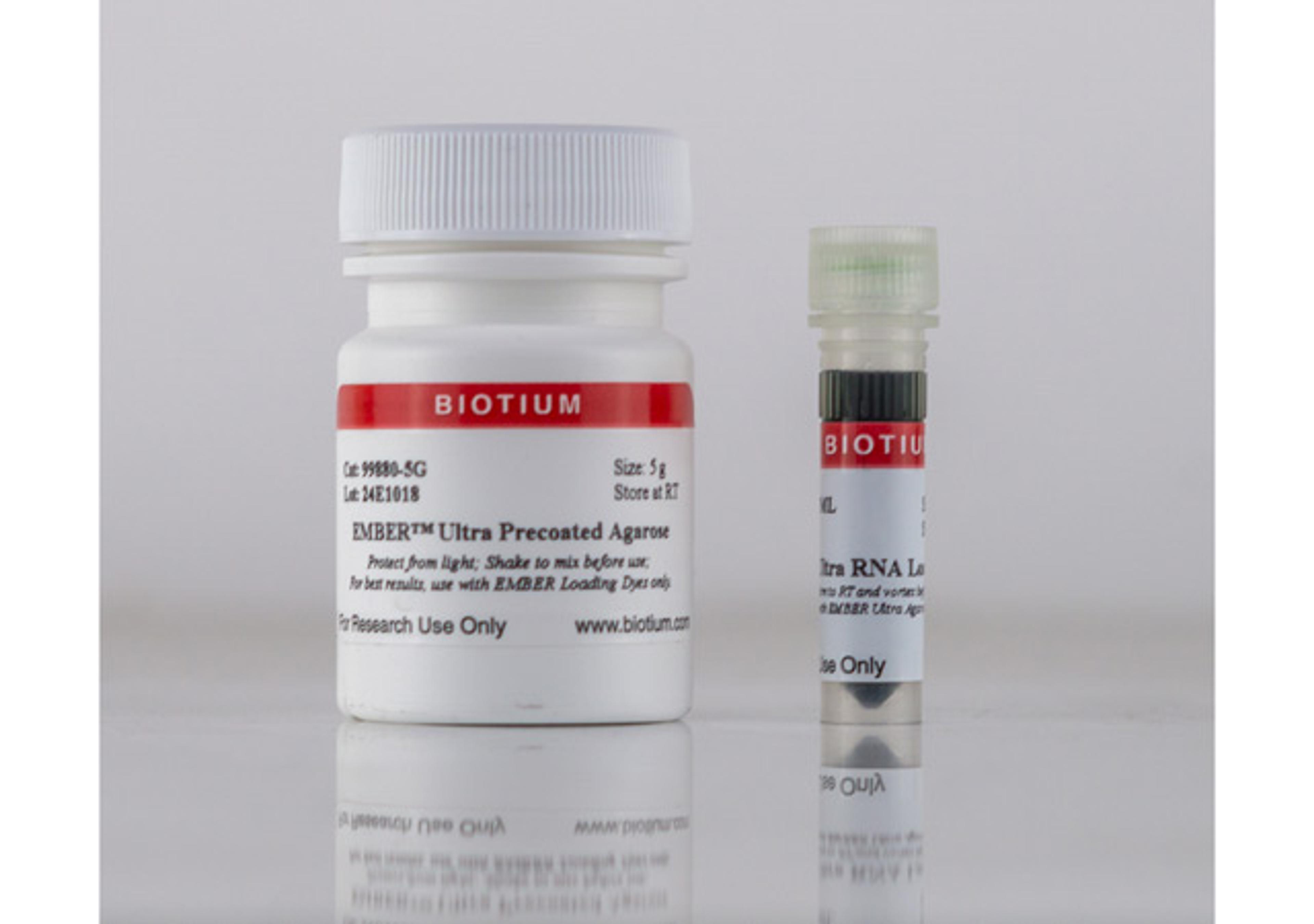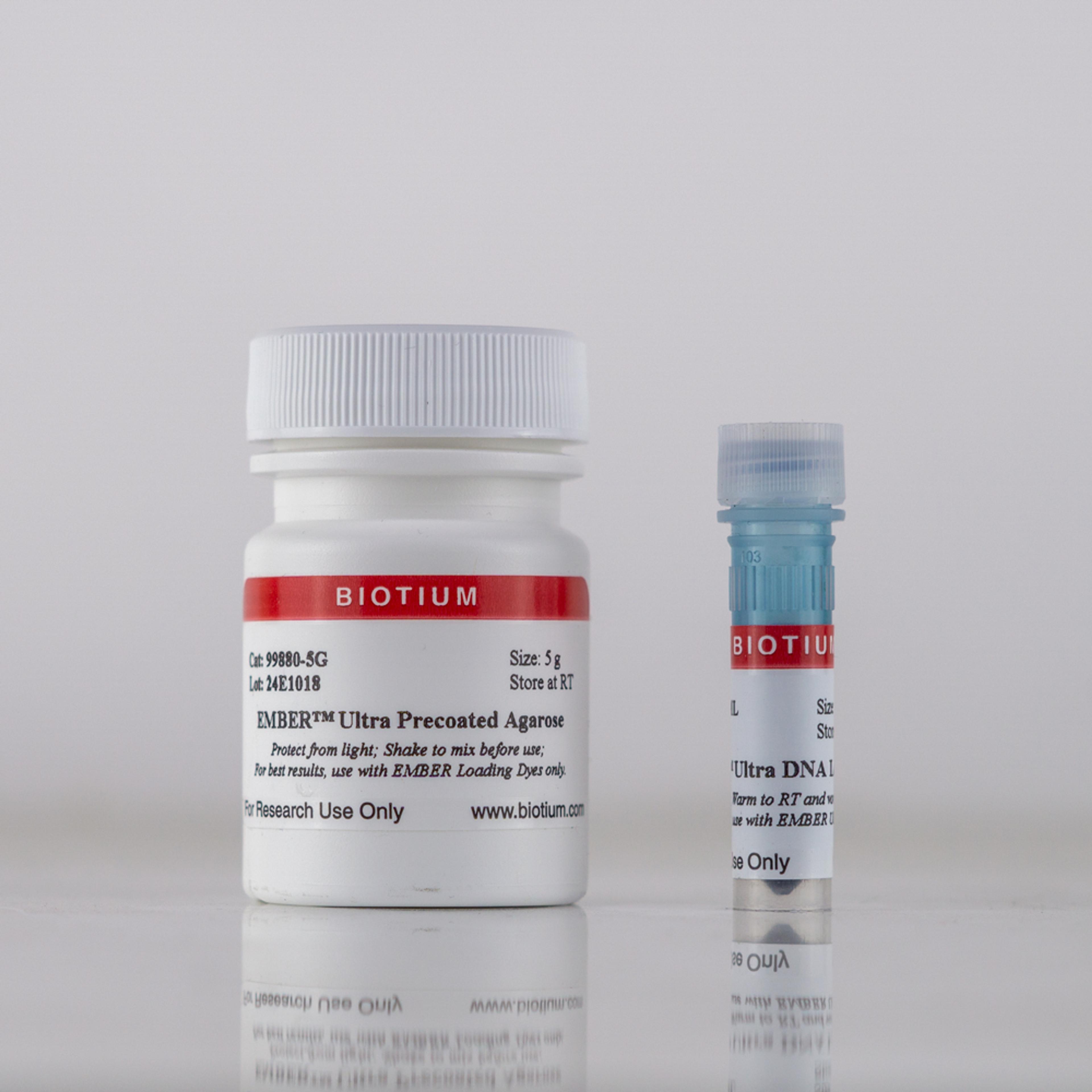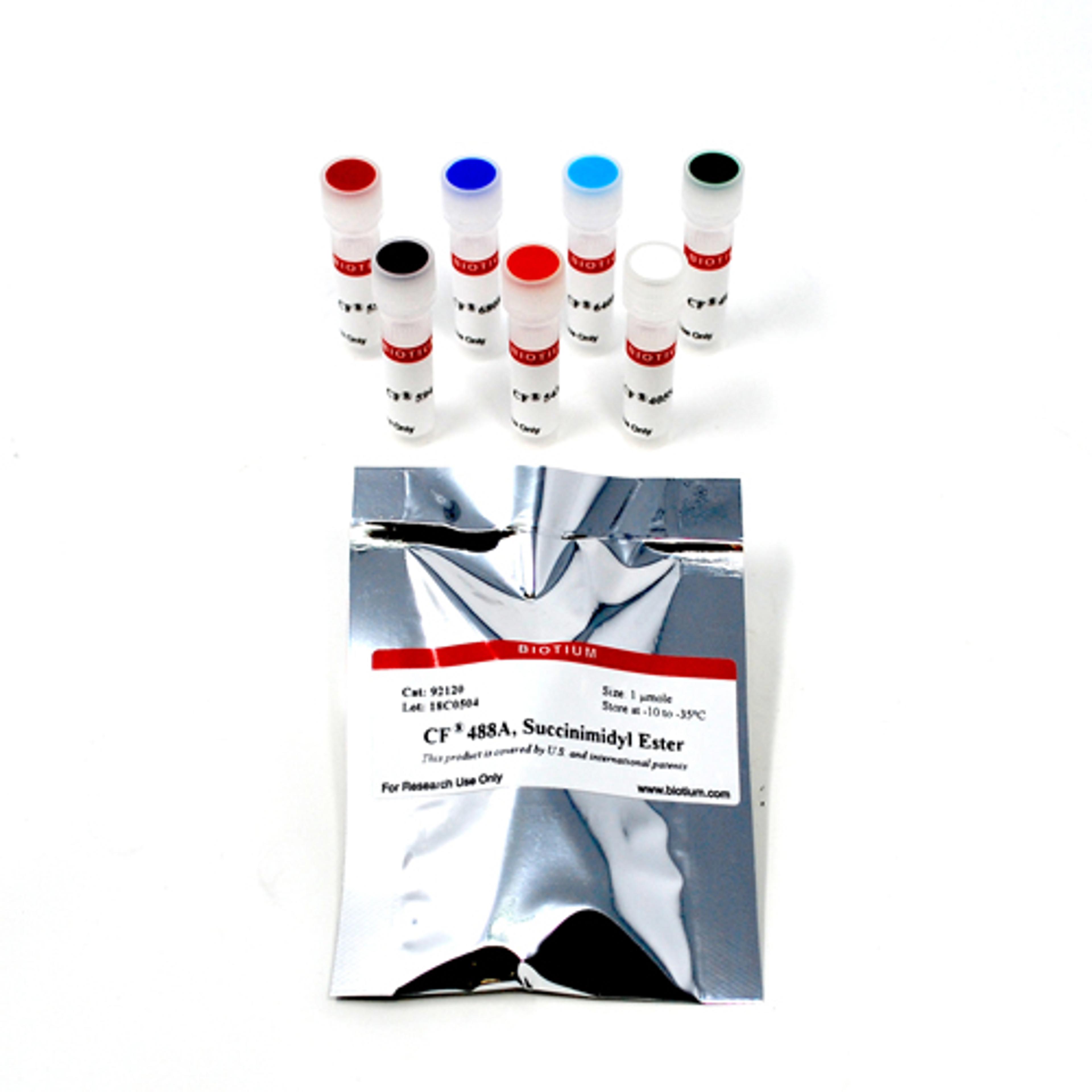Adrenaline (Epinephrine)
High Quality Assays with Reproducible and Reliable Results

The supplier does not provide quotations for this product through SelectScience. You can search for similar products in our Product Directory.
Manual and automated enzyme immunoassay for the in-vitro diagnostic quantitative determination of adrenalin (epinephrine) in human plasma and urine. The catecholamines adrenalin, noradrenalin and dopamine are synthesized in the adrenal medulla, the sympathetic nervous system and in the brain. They influence virtually all tissues and are involved together with other hormonal and neuronal systems in the regulation of a wide variety of physiological processes. As catecholamines and their metabolitesmetanephrine and normetanephrine are secreted in increasing amounts in a number of diseases, they may be used for diagnostic purposes. In this context, diagnosis and the follow-up of tumor diseases of the nervous system are of special importance. This applies primarily to the pheochromocytoma, but also the neuroblastoma and the ganglioneuroma. Because of the extraction step at the beginning of the assay, the customer is able to use all kinds of animal species material. It works for rats, mice and others. The chemical structure of the catecholamines is identical in all animals. Solid phase enzyme-linked immunosorbent assay (ELISA) based on the sandwich principle. The wells are coated with a goat anti rabbit antibody. The added liquid antibody, directed towards an epitope of an antigen molecule binds o the plate within the incubation time. The antigen of the sample is incubated in the coated well with enzyme conjugated second antibody (E-Ab), directed towards a different region of the antigen molecule. After the substrate reaction the intensity of the developed color is proportional to the amount of the antigen. Results of samples can be determined directly using the standard curve.

